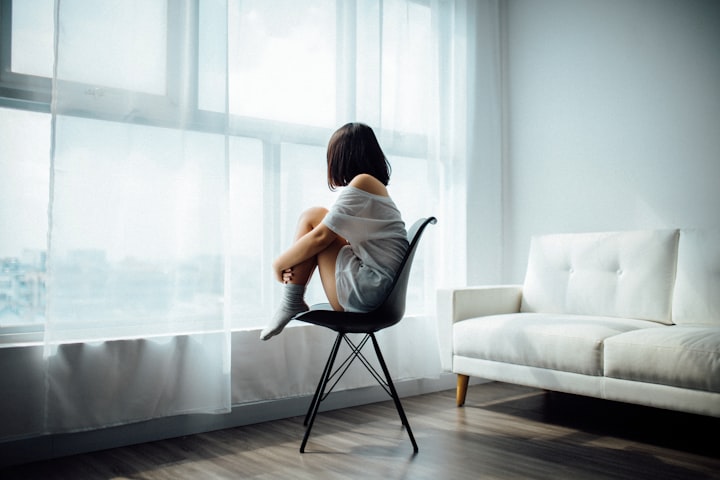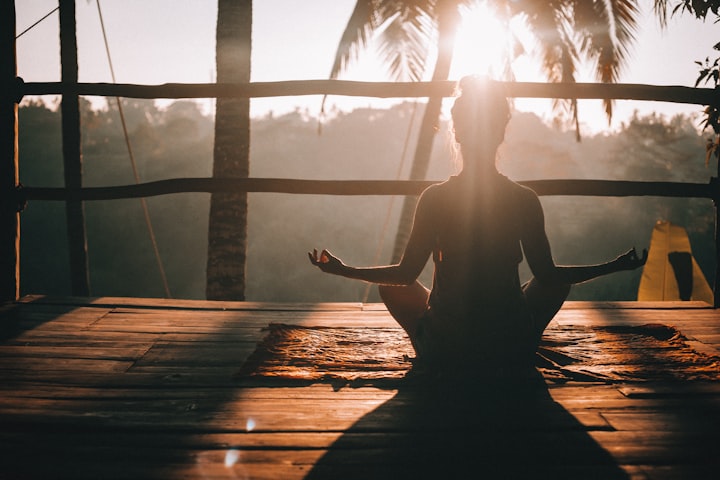Depression: Ultimate Guide on Causes and Cure
Here is the complete guide curated for you on what is depression and how does it look like?

Worried about depression? Identifying how does depression looks like?
Well then here is the complete guide curated for you on what is depression and how does it look like?
How can one define Depression?
Sadness, feeling down, and having a loss of interest or pleasure in daily activities are familiar feelings for all of us. But if they persist and affect our lives substantially, the issue may be depression.
Depression is a mood disorder that involves a persistent feeling of sadness and loss of interest. It is different from the mood fluctuations that people regularly experience as a part of life.
Major life events, such as bereavement or the loss of a job, can lead to Trusted Source depression. However, doctors only consider feelings of grief to be part of depression if they persist.
Depression is an ongoing problem, not a passing one. It consists of episodes during which the symptoms last for at least 2 weeks. Depression can last for several weeks, months, or years.
Signs and symptoms of Depression
Many of the common symptoms of depression can include:
- Depressed mood
- Reduced interest or pleasure in activities once enjoyed
- Loss of sexual desire
- Changes in appetite
- Unintentional weight loss or gain
- Sleeping too much or too little
- Agitation, restlessness, and pacing up and down
- Slowed movement and speech
- Fatigue or loss of energy
- Feelings of worthlessness or guilt
- Difficulty thinking, concentrating or making decisions
- Recurrent thoughts of death or suicide, or an attempt at suicide
What Causes Depression?
We all have different reasons for this question but our body has certain chemical imbalances which trigger our emotions and sometimes make us numb. Let us look at this in detail.
It's often said that depression results from a chemical imbalance, but that figure of speech doesn't capture how complex the disease is. Research suggests that depression doesn't spring from simply having too much or too little of certain brain chemicals. Rather, there are many possible causes of depression, including faulty mood regulation by the brain, genetic vulnerability, stressful life events, medications, and medical problems. It's believed that several of these forces interact to bring on depression.
To be sure, chemicals are involved in this process, but it is not a simple matter of one chemical being too low and another too high. Rather, many chemicals are involved, working both inside and outside nerve cells. There are millions, even billions, of chemical reactions that make up the dynamic system that is responsible for your mood, perceptions, and how you experience life.
With this level of complexity, you can see how two people might have similar symptoms of depression, but the problem on the inside, and therefore what treatments will work best, may be entirely different.
How to Get rid of Depression?
Well, this would be the next and most important question to arise. So, here are some tips on how you can cure and get rid of your Depression effectively.
Don’t rely on medications alone: Although medication can relieve the symptoms of depression, it is not usually suitable for long-term use. Other treatments, including exercise and therapy, can be just as effective as medication, often even more so, but don’t come with unwanted side effects. If you do decide to try medication, remember that medication works best when you make healthy lifestyle changes as well.
Get social support: The more you cultivate your social connections, the more protected you are from depression. If you are feeling stuck, don’t hesitate to talk to trusted family members or friends, or seek out new connections at a depression support group, for example. Asking for help is not a sign of weakness and it won’t mean you’re a burden to others. Often, the simple act of talking to someone face-to-face can be an enormous help.
Treatment takes time and commitment: All of these depression treatments take time, and sometimes it might feel overwhelming or frustratingly slow. That is normal. Recovery usually has its ups and downs.
Exercise: Regular exercise can be as effective at treating depression as medication. Not only does exercise boost serotonin, endorphins, and other feel-good brain chemicals, it triggers the growth of new brain cells and connections, just like antidepressants do. Best of all, you don’t have to train for a marathon in order to reap the benefits. Even a half-hour daily walk can make a big difference. For maximum results, aim for 30 to 60 minutes of aerobic activity on most days.
We hope that this complete guide on depression and how to cure it might add some value in your lives and help get rid of it as soon as possible :)
Good Luck!
Follow Curated for more such informational content.






Comments
There are no comments for this story
Be the first to respond and start the conversation.